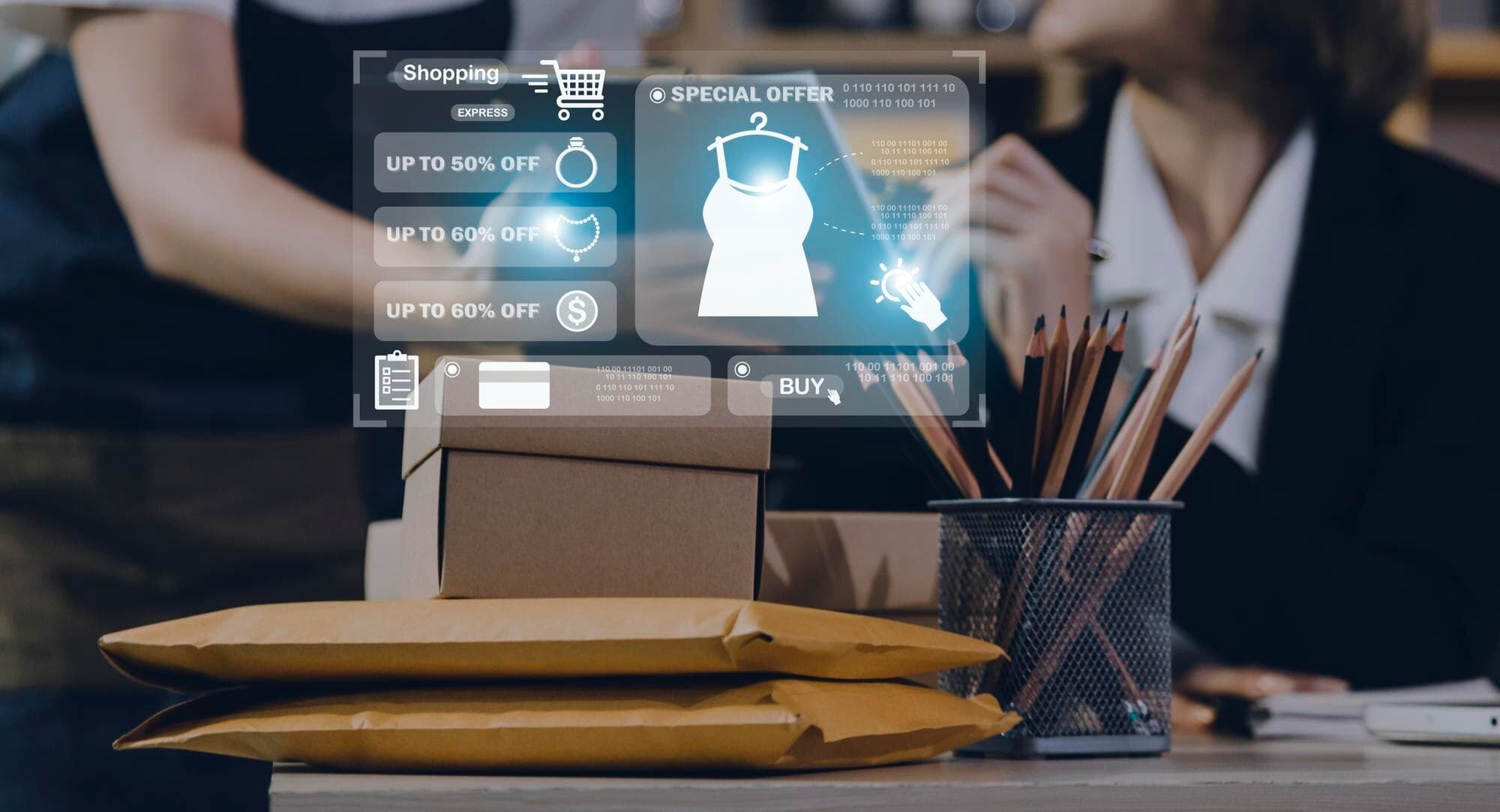Estimated reading time: 8 minutes
Key Takeaways
- *Integrating e-commerce with BPO boosts operational efficiency and customer satisfaction*
- Businesses enjoy **cost reductions**, scalability and access to specialist expertise
- BPO supports omnichannel strategies, ensuring seamless experiences across touchpoints
- Emerging tech such as AI, RPA and blockchain are reshaping integrated workflows
- Selecting the right partner and KPIs is vital for long-term success
Table of Contents
Introduction
E-commerce and Business Process Outsourcing (BPO) integration is the *strategic fusion* of online retail operations with outsourced expertise. In a world where digital disruption is relentless, this partnership offers businesses a pathway to streamlined workflows, elevated customer service and faster growth.
By leveraging **e-commerce outsourcing**, companies gain access to specialist talent, cutting-edge technology and scalable solutions—without hefty in-house investment. As customer expectations rise and global competition intensifies, the synergy between e-commerce and BPO has never been more relevant.
Benefits of E-commerce Outsourcing
Cost Reduction
Outsourcing customer support, order processing and data management minimises overhead. BPO providers harness economies of scale, allowing companies to redirect capital toward innovation and marketing.
Operational Efficiency
- Automated workflows reduce manual errors
- Faster response times enhance customer experience
- Accurate data drives informed decision-making
Scalability Solutions
BPO partners enable retailers to accommodate seasonal spikes, enter new markets and flex resources on demand—*without compromising service quality*.
Key Areas of BPO Integration in E-commerce
Order Fulfilment
From receipt to doorstep, outsourced teams manage inventory, picking, packing and delivery with precision—reducing delays and boosting satisfaction.
Customer Support
24/7 multichannel assistance via phone, email, live chat and social media ensures consistent, empathetic interactions that cultivate loyalty.
Supply Chain Optimisation
BPO experts streamline logistics, minimise bottlenecks and enhance transparency, resulting in timely deliveries and reduced risk.
Inventory Control
- Real-time stock monitoring prevents stockouts
- Advanced systems lower carrying costs
Data Management
Secure handling of large data volumes provides actionable insights while safeguarding customer information.
Strategies for Effective BPO Integration
Workflow Automation
Technologies like AI chatbots and Robotic Process Automation (RPA) eliminate repetitive tasks, freeing internal teams for strategic initiatives.
Outsourcing Best Practices
- Set clear KPIs and SLAs
- Foster continuous communication
- Conduct regular performance reviews
Third-Party Logistics (3PL)
Partnering with 3PL providers accelerates delivery, reduces complexity and elevates customer satisfaction.
Enhancing E-commerce Growth through BPO
Growth Strategies
By delegating backend tasks, businesses can invest more heavily in marketing, product innovation and market expansion.
Omnichannel Support
Unified data and 360-degree customer view enable *personalised journeys* across every touchpoint.
Supply Chain Optimisation
Streamlined logistics enhance inventory turnover, shorten fulfilment times and reinforce long-term sustainability.
Trends & Technological Advancements
Current & Emerging Trends
- AI-driven personalisation
- Cloud-based BPO for agility
- Automation in customer service
Technological Advancements
Machine learning, blockchain for transparent supply chains, IoT for real-time inventory and VR/AR for immersive shopping are redefining integrated e-commerce ecosystems.
Implementing BPO Solutions
Choosing the Right Partner
Assess providers on industry expertise, tech capabilities, cultural fit and proven track records.
Assessing Scalability & Flexibility
Ensure your partner can ramp resources up or down rapidly to meet seasonal or growth-driven surges.
Conclusion
Integrating e-commerce with BPO delivers a competitive edge, combining specialist expertise with scalable infrastructure. The result is lower costs, faster fulfilment and superior customer experiences—fuel for sustained growth in the digital marketplace.
FAQs
How does BPO reduce e-commerce costs?
By leveraging shared resources and specialised talent, BPO providers minimise staffing, infrastructure and technology expenses.
Can small online retailers benefit from outsourcing?
Absolutely—outsourcing offers flexible, pay-as-you-grow models that let smaller retailers scale without heavy upfront investment.
Which processes are best suited for BPO integration?
High-volume, repetitive tasks such as customer support, order management, data entry and inventory control yield the greatest efficiency gains.
How do I measure outsourcing performance?
Set KPIs like order accuracy, average handle time, first-contact resolution and customer satisfaction scores, then review them regularly with your provider.
What role does technology play in integration?
Tech such as AI, RPA and advanced analytics underpins automation, personalisation and data-driven optimisation within the e-commerce/BPO ecosystem.







